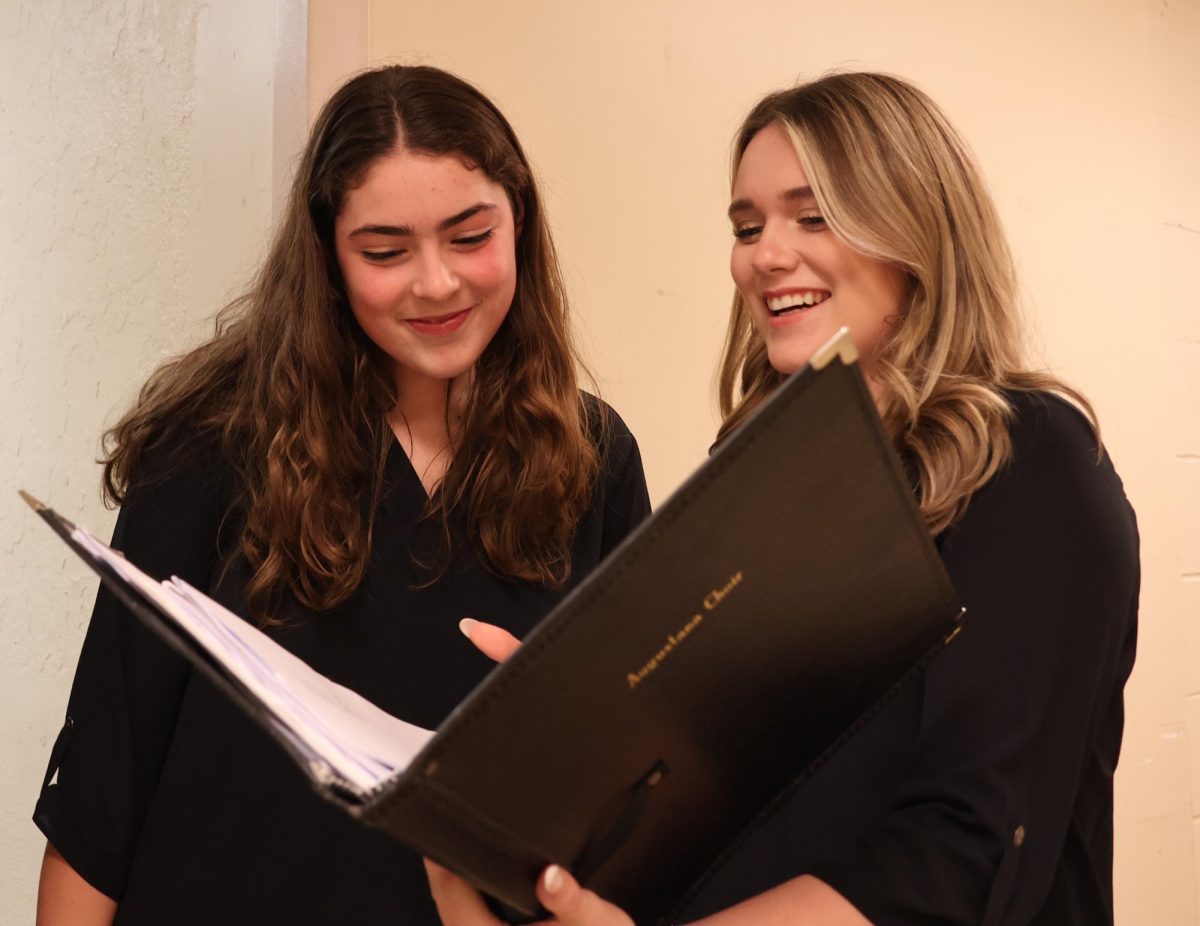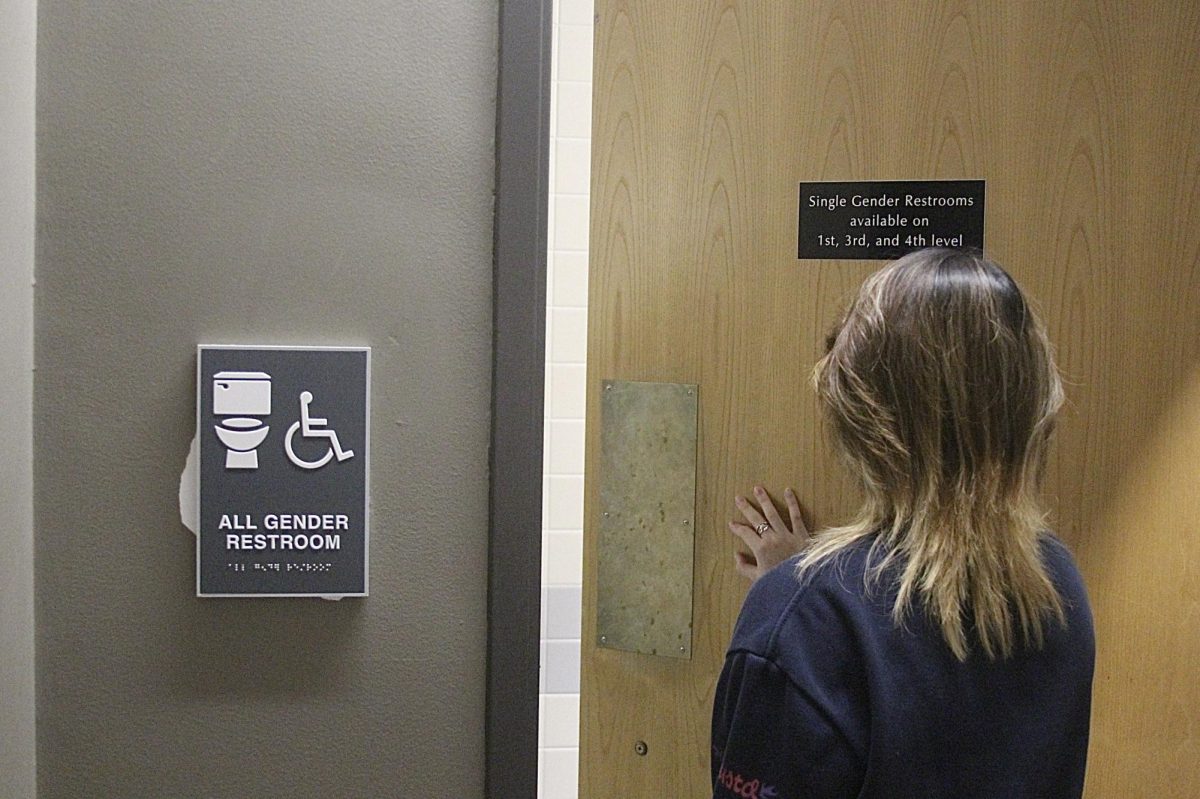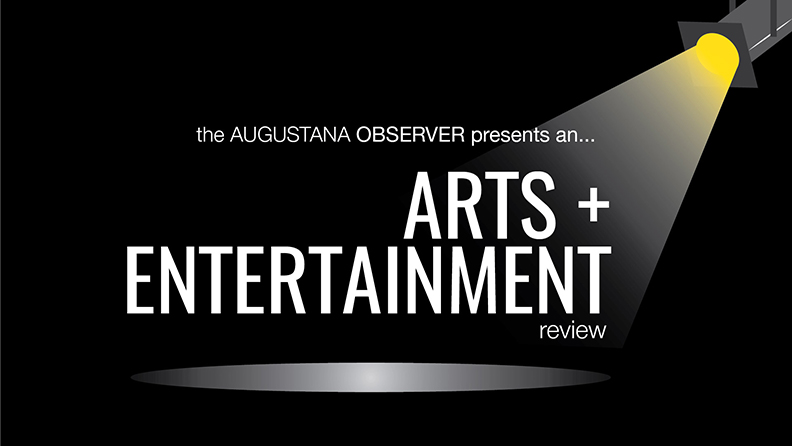Moonlight, this year’s winner of best picture at the Oscars, is one of the lowest grossing films to win this award, along with having one of the lowest production budgets for an award winning film. That’s because the beautiful story that is told is uniquely individualistic.
Moonlight follows the journey of a young African American man named Chiron as he grows up in Florida, all while trying to come to terms with his race and his homosexuality. Chiron’s life is far from perfect—he is often bullied and his mother is a drug addict. The only person that he looks up to is a man named Juan (played by Mahershala Ali, winner of Best Supporting Actor) who seems to legitimately care for Chiron, but who also lives a full life.
Since the movie spans a large portion of Chiron’s life, it is split into three titled acts—Little, Chiron, and Black—with each section played by a different actor. In the first act Chiron is terrorized at school and his mother, while claiming to love him, seems to resent him.
Chiron’s solace comes in the form of his school friend Kevin and Juan, whom he sees as a father figure. In the second act, Chiron loses what little support system he had as Kevin and Juan both exit from his life. Time passes, and in the third act Chiron is now selling drugs, a jarringly similar path to his mentor Juan, and it is implied that he has been in jail.
The music in Moonlight also advanced the story. In “Little,” the combination of music and the way the film is shot makes it seem as if it is almost a dream or a memory. In “Chiron,” he confronts his bullies and is accompanied by the cacophony of an orchestra tuning up which fits the scene perfectly. Just like an orchestra must tune before it plays, Chiron confronted his bullies before he was really ready to grow up. The music of this movie is another window into the thoughts of this conflicted young man.
While Moonlight may not be as showy as other films and has a cast that is mostly unknown, or up and coming, it has a subtle message that I think viewers can appreciate.


































































































